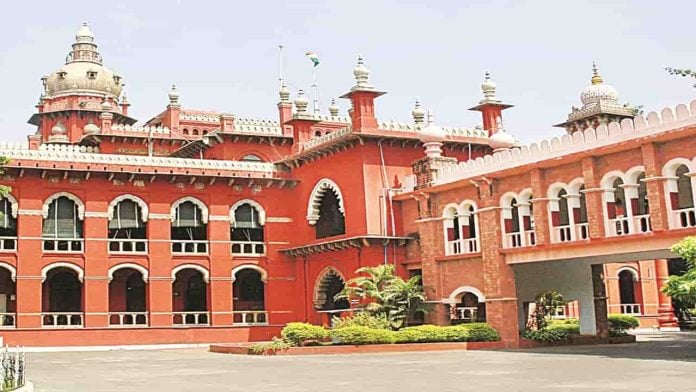A petition filed in the Madras High Court has questioned the Centre on why should people earning more than Rs 2.5 lakh should pay the income tax, when there is a tax exemption limit till Rs eight lakh on the annual income of people falling under the Economically Weaker Section (EWS) category.
Filed by 82-year-old Kunnur Seenivasan, a member of the Assets Protection Council of DMK, the petition challenged the constitutional validity of the Finance Act, 2022, regarding the portion that requires people having annual income more than Rs 2.5 lakh to pay income tax.
The Bench of Justice R. Mahadevan and Justice Sathya Narayana Prasad today issued notice to the Union of India, along with the Ministries of Law and Finance, directing them to respond over the matter within four weeks.
Terming the portion of the 2022 Act as ultra vires, which mandated individuals earning more than Rs 2.5 lakh annually to pay tax, the octogenarian claimed that the same was in conflict with the Central government’s cap on annual income of people falling under the Economically Weaker Section (EWS) bracket.
He said the Union government had fixed income criteria that a family having gross income up to the limit of Rs 7,99,999 was an economically weaker family for availing benefits under Economically Weaker Section (EWS) reservation.
As per the plea, since the Centre had included families with gross annual income up to Rs 7,99,000 for availing benefits under the reservation for the Economically Weaker Section (EWS) category, then collecting income tax from individuals having income up to limit of Rs 7,99,999 was irrational and unequal.
The petition contended that Paragraph A in Part-I of the First Schedule of the Finance Act, 2022, through which the government had fixed the income tax slab on annual income of Rs 2.5 lakh, violated Articles 14, 15, 16, 21, 265 of the Constitution of India.
(Case title: Kunnur Seenivasan vs Union of India)


